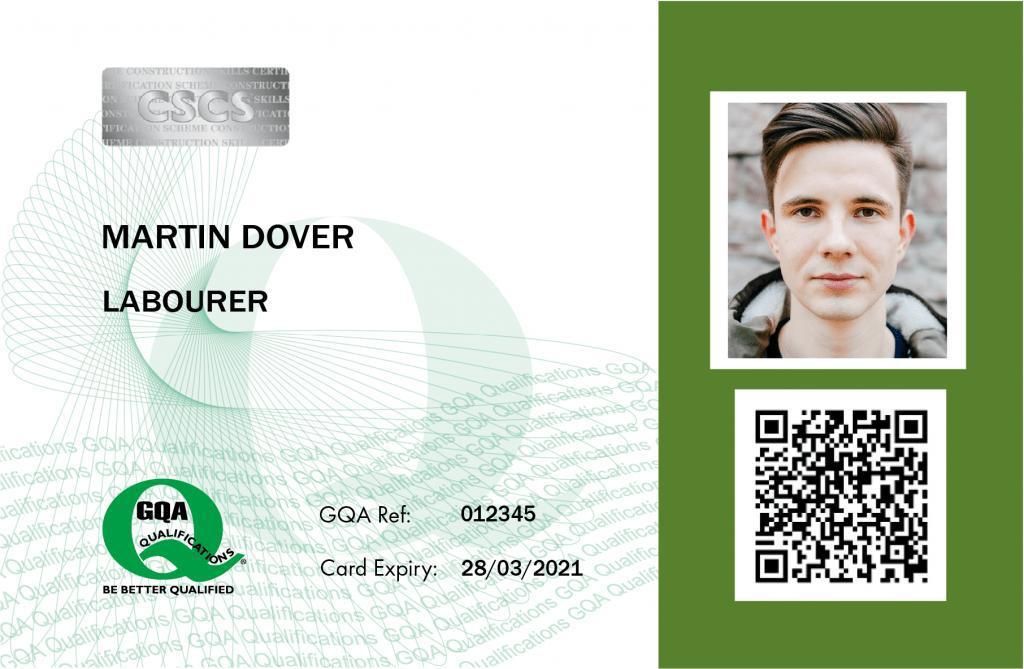
Strategic Planning and Decision-Making During Crises
Course ID: 2507144501111EGI
Course Dates : 14/07/25 Course Duration : 5 Studying Day/s Course Location: Istanbul, Turkey
Language: Bilingual
Course Category: Professional and CPD Training Programs
Course Subcategories: Operations and Process Excellence
Course Certified By: * Projacs Academy
* Professional Training and CPD Programs
Certification Will Be Issued From :
KSA
Course Fees: £3,430.88
Vat Not Included in the price. VAT may vary depending on the country where the course or workshop is held.
Click to Pay
Date has passed please contact us Sales@e-s-hub.com
Course Information
Introduction
In an era defined by rapid change and unprecedented disruptions, organizations are increasingly required to navigate crises with precision and foresight. Whether responding to natural disasters, economic downturns, cybersecurity breaches, or global pandemics, the ability to strategically plan and make informed decisions under pressure is a critical competency for modern professionals. This course delves into the intersection of strategic planning and crisis management, equipping participants with the tools and frameworks necessary to lead effectively during high-stakes scenarios. By integrating insights from disciplines such as organizational psychology, risk management, and systems thinking, this program addresses the growing demand for leaders who can balance analytical rigor with adaptive decision-making.
One of the most pressing challenges in crisis management lies in the gap between theoretical knowledge and practical application. While many professionals are familiar with concepts like SWOT analysis or contingency planning, translating these ideas into actionable strategies during real-time crises remains elusive. For instance, the 2010 Deepwater Horizon oil spill highlighted how inadequate preparation and fragmented communication can exacerbate an already dire situation. Similarly, the initial response to the COVID-19 pandemic underscored the importance of agility and cross-functional collaboration in mitigating widespread disruption. This course bridges these gaps by offering hands-on exercises, case studies, and simulations that mirror real-world complexities, enabling participants to practice and refine their skills in a controlled environment.
The benefits of mastering strategic planning and decision-making during crises extend beyond individual professional growth; they also contribute to organizational resilience. Leaders equipped with these competencies can foster cultures of preparedness, ensuring that teams remain cohesive and resourceful even in the face of uncertainty. Research by scholars such as Karl Weick and Kathleen Sutcliffe on "high-reliability organizations" demonstrates that institutions capable of anticipating and adapting to crises often outperform their peers in terms of sustainability and stakeholder trust. By adopting similar principles, participants will not only enhance their own leadership capabilities but also position their organizations to thrive amidst adversity.
Moreover, this course draws upon established theories and frameworks to provide a robust foundation for learning. Participants will explore methodologies such as the Cynefin Framework, which helps distinguish between simple, complicated, complex, and chaotic contexts, thereby guiding appropriate responses. They will also examine the OODA Loop (Observe, Orient, Decide, Act), originally developed for military strategy but now widely applied across industries. These models serve as lenses through which participants can analyze past crises, evaluate current practices, and design future-proof strategies. By grounding the curriculum in evidence-based approaches, the program ensures that its teachings are both relevant and impactful.
Real-world examples further illuminate the value of this training. Consider the contrasting outcomes of two major airline crises: the 2009 Hudson River landing led by Captain Chesley "Sully" Sullenberger, hailed as a textbook example of decisive leadership under extreme duress, versus the 2018 Southwest Airlines engine failure incident, where delayed communication heightened passenger anxiety. Such cases underscore the pivotal role of strategic decision-making in shaping public perception and operational recovery. Through interactive discussions and scenario-based learning, participants will gain firsthand experience in applying these lessons to their unique contexts.
Ultimately, this course represents more than just skill development—it embodies a mindset shift. It encourages participants to view crises not merely as obstacles but as opportunities for innovation and transformation. By fostering a proactive rather than reactive approach, the program empowers individuals and organizations to emerge stronger from adversity. As industries continue to grapple with volatility, uncertainty, complexity, and ambiguity (VUCA), the need for leaders who can navigate these dynamics has never been greater. This course stands at the forefront of addressing that need, offering a comprehensive pathway to excellence in crisis leadership.
Objectives
By attending this course, participants will be able to:
Analyze the root causes and systemic implications of various types of crises using established frameworks such as PESTLE and SWOT analyses.
Evaluate the effectiveness of existing crisis management plans within their organizations and propose enhancements based on best practices.
Design tailored contingency strategies that align with organizational goals and stakeholder expectations.
Implement decision-making techniques, including the Cynefin Framework and OODA Loop, to address dynamic and unpredictable scenarios.
Apply communication protocols that ensure clarity, transparency, and empathy during high-pressure situations.
Synthesize lessons learned from simulated crisis exercises to develop actionable recommendations for continuous improvement.
Assess the ethical dimensions of crisis responses, ensuring alignment with corporate values and societal norms.
Who Should Attend?
This course is ideal for:
Senior executives, project managers, and team leaders seeking to enhance their crisis leadership capabilities; HR professionals tasked with building resilient workplace cultures; consultants advising clients on risk mitigation strategies; and educators specializing in leadership development. Additionally, it caters to individuals working in industries prone to frequent disruptions, such as healthcare, finance, energy, and technology. While prior exposure to basic strategic planning concepts is beneficial, the course is designed to accommodate intermediate learners looking to deepen their expertise. Advanced practitioners will also find value in refining their skills through cutting-edge frameworks and peer collaboration.
Training Method
• Pre-assessment
• Live group instruction
• Use of real-world examples, case studies and exercises
• Interactive participation and discussion
• Power point presentation, LCD and flip chart
• Group activities and tests
• Each participant receives a 7” Tablet containing a copy of the presentation, slides and handouts
• Post-assessment
Program Support
This program is supported by:
* Interactive discussions
* Role-play
* Case studies and highlight the techniques available to the participants.
Daily Agenda
The course agenda will be as follows:
• Technical Session 08.30-10.00 am
• Coffee Break 10.00-10.15 am
• Technical Session 10.15-12.15 noon
• Coffee Break 12.15-12.45 pm
• Technical Session 12.45-02.30 pm
• Course Ends 02.30 pm
Course Outlines
Foundations of Crisis Management
Understanding the nature and typology of crises (natural vs. man-made).
Introduction to key frameworks: PESTLE, SWOT, and VUCA analysis.
Identifying vulnerabilities and conducting risk assessments.
Building a culture of preparedness and psychological safety.
Day 2:
Strategic Planning Techniques
Developing contingency plans and scenario mapping.
Aligning crisis strategies with organizational mission and vision.
Leveraging data analytics for predictive modeling.
Balancing short-term responses with long-term objectives.
Day 3:
Decision-Making Under Pressure
Applying the Cynefin Framework to classify and respond to crises.
Mastering the OODA Loop for rapid yet informed decisions.
Overcoming cognitive biases in high-stakes environments.
Incorporating stakeholder feedback into decision processes.
Day 4:
Communication and Collaboration
Crafting clear and empathetic messaging during crises.
Establishing effective internal and external communication channels.
Fostering cross-functional teamwork and accountability.
Managing media relations and public perception.
Day 5:
Post-Crisis Recovery and Learning
Conducting post-mortem evaluations and root cause analyses.
Documenting lessons learned and updating crisis protocols.
Restoring trust and rebuilding brand reputation.
Embedding resilience into organizational DNA for future readiness.



















































